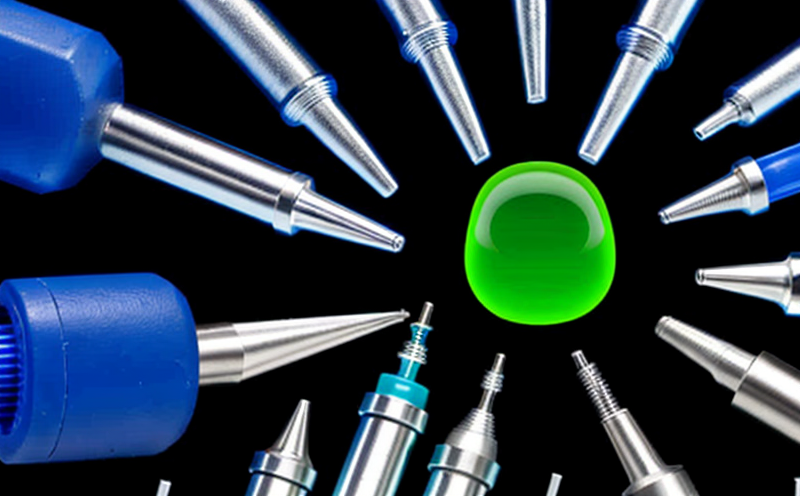Biocompatibility testing for materials used in orthopedic implants
Ensuring Patient Safety with Biocompatibility Testing A Crucial Service for Orthopedic Implant Manufacturers
The development of orthopedic implants is a complex and highly specialized process that requires careful consideration of numerous factors, including the selection of materials used in their construction. With an increasing number of individuals undergoing joint replacement surgeries every year, the demand for high-quality, reliable, and safe orthopedic implants continues to grow. However, with this rise in demand comes a corresponding increase in the risk of adverse reactions or complications arising from the use of suboptimal materials.
This is where Biocompatibility testing comes into play a crucial laboratory service that ensures the materials used in orthopedic implants meet stringent safety and performance standards. As a leading provider of Biocompatibility testing for materials used in orthopedic implants, Eurolab is committed to helping businesses navigate this complex landscape and bring safe, effective, and reliable products to market.
Why Biocompatibility Testing Matters
Biocompatibility testing is essential for ensuring the safety and efficacy of orthopedic implants. When a patient undergoes surgery to receive an implant, they are placing their trust in the devices ability to integrate seamlessly with their body without causing harm. However, if the materials used in the construction of the implant are not adequately tested for biocompatibility, there is a risk of adverse reactions or complications arising from the interaction between the material and the patients biological system.
Some common issues associated with inadequate Biocompatibility testing include
Tissue damage The use of non-biocompatible materials can lead to inflammation, tissue damage, and even organ failure in extreme cases.
Immune response Inadequate Biocompatibility testing can result in an immune response against the implant material, leading to rejection or other complications.
Implant failure Non-biocompatible materials can cause the implant to fail prematurely, requiring additional surgery and associated costs.
The Benefits of Using Eurolabs Biocompatibility Testing Services
By partnering with Eurolab for your Biocompatibility testing needs, you can ensure that your orthopedic implants meet the highest standards of safety and performance. Our comprehensive testing services are designed to help businesses like yours navigate the complex landscape of regulatory requirements and ensure compliance with industry standards.
Some key benefits of using Eurolabs Biocompatibility testing services include
Compliance with regulatory requirements We ensure that our testing services meet or exceed all relevant regulatory requirements, including those set by organizations such as ISO, ASTM, and FDA.
Reduced risk of adverse reactions By identifying potential biocompatibility issues early on, we help you minimize the risk of adverse reactions and complications arising from the use of your orthopedic implants.
Increased product safety Our testing services are designed to ensure that your products meet the highest standards of safety and performance, giving patients confidence in their implant devices.
Enhanced brand reputation By partnering with Eurolab for your Biocompatibility testing needs, you can enhance your brand reputation and demonstrate a commitment to patient safety.
Key Benefits of Biocompatibility Testing
Some key benefits of Biocompatibility testing include
Ensures compliance with regulatory requirements
Reduces risk of adverse reactions and complications
Increases product safety and performance
Enhances brand reputation and credibility
Frequently Asked Questions (FAQs)
Q What is Biocompatibility testing?
A Biocompatibility testing is a laboratory service that evaluates the potential for materials to cause adverse reactions or interactions with the human body.
Q Why do I need Biocompatibility testing for my orthopedic implants?
A Biocompatibility testing is essential for ensuring the safety and efficacy of your orthopedic implants. By identifying potential biocompatibility issues early on, you can minimize the risk of adverse reactions and complications arising from the use of your implant devices.
Q What types of materials are subject to Biocompatibility testing?
A All materials used in the construction of orthopedic implants are subject to Biocompatibility testing, including metals, polymers, ceramics, and other materials.
Q How do I get started with Eurolabs Biocompatibility testing services?
A Contact us today to learn more about our comprehensive testing services and how we can help you navigate the complex landscape of regulatory requirements.




